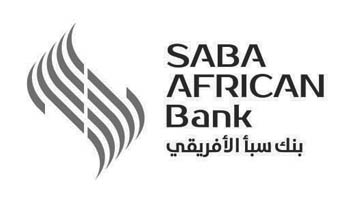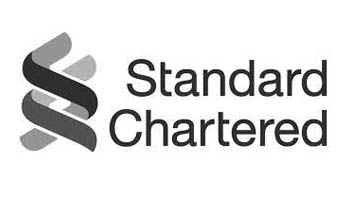Fuel is a major component of every manufacturing or production process however, the choice of fuel depends on price, availability of fuel, delivery channels and supply reliability.
Crude oil has been the choice of fuel for Nigeria for quite a while, however this is on course to change under Buhari’s Gas Revolution.
Production of natural gas is typically from gas associated with crude oil production or non-associated gas which occurs independently of exploration for crude oil. Currently, compressed natural gas (CNG) and small scale liquefied natural gas (LNG) are two virtual pipeline solutions currently in development across Nigeria.
For instance, development of the Escravos-Lagos Pipeline System (ELPS), which takes gas from Western Niger Delta to Lagos, has made it possible for various power plants to offtake gas from the pipeline. Under the Gas Revolution reform, capacity in Nigeria is being redoubled and within a few years the entire nation would be equipped for gas.
This reform comes with a heavy economic investment in excess of US$50 billion (about N1.58 trillion), while $13-17 billion will go towards the development of upstream gas fields with a total of 37.4 trillion cubic feet. Another $14-17 billion will go to the Trans-Nigeria gas pipeline project, gas revolution industrial park at Ogidigben and three power plants for additional 3.2GW capacity in the gas and power sector.
An additional $3-5 billion will be invested in the licensing and establishment of modular refineries, collocating the refinery within Kaduna Refinery and Petrochemical Company (KRPC) and rehabilitating and upgrading the three refineries. In the downstream sector, $3 billion is allocated to the revamping of liquefied petroleum gas, building of new compressed natural gas plants across the country and to pipeline and storage tank constructions.
“All that we need to make Nigeria a regional hub of petrochemical and fertiliser is in place and by 2019, Nigeria clearly will become the regional hub of gas in Africa,” affirmed NNPC’s Dr. Ige. The Ajaokuta-Kano-Kaduna (AKK) gas line is in an advanced stage of design to supply gas to the northern part of the country for power generation and gas-based industries.
The AKK will also link up with the trans-Nigerian gas pipeline, which takes gas into Europe via Algeria and then through Gibraltar. These opportunities and improvements in gas availability are a testament to the holistic approach of Buhari’s team in resolving the power crisis in Nigeria permanently.





















